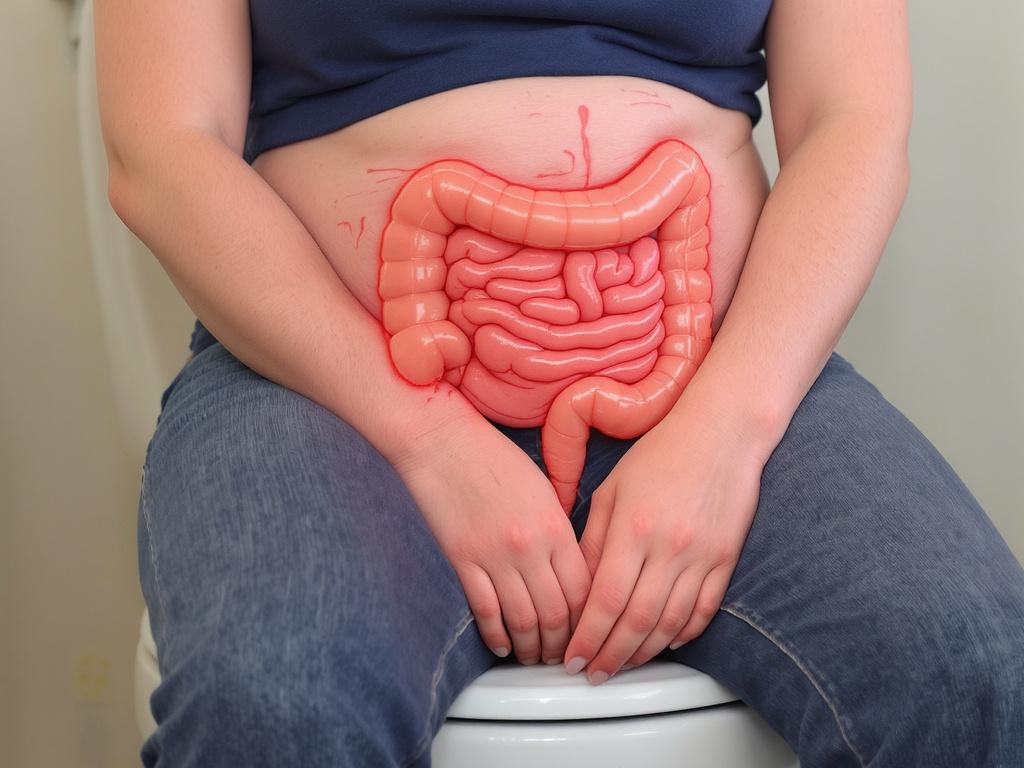Understanding the complexities of Crohn's disease can be daunting, especially when it comes to the variety of symptoms it presents. One of the most perplexing symptoms is the change in stool characteristics. Knowing what these changes mean can provide crucial insights into the condition's underlying causes. Let's delve deeper into common causes and insights related to Crohn's stools.

What Does Mucus in Stool Indicate?
Mucus is a jelly-like substance that lines your intestines and stools. While a small amount of mucus in stools can be normal, an increase can indicate inflammation or an infection. In the context of Crohn's disease, excessive mucus can be a signal of heightened inflammation within the intestines, pointing to a possible flare-up.
Dietary Influences on Mucus Production
Your diet plays a pivotal role in stool characteristics. Certain foods can increase mucus production either by triggering an inflammatory response or by interacting with gut flora. Foods high in refined sugars, dairy, and gluten are known to exacerbate symptoms in some individuals with Crohn's disease. Adjusting dietary habits and identifying triggers through an elimination diet can sometimes reduce mucus production.
Common Medical Conditions Associated with Mucus in Stool
Besides Crohn's disease, several medical conditions could cause an increase in mucus production in stool. These include:
- Irritable Bowel Syndrome (IBS): Often presents with a range of symptoms including mucus in stools without significant inflammation.
- Infections: Bacterial infections such as salmonella or E. coli can lead to mucus production as the body reacts to fight off the infection.
- Inflammatory Bowel Disease (IBD): Includes both Crohn's disease and ulcerative colitis, both of which can be associated with increased mucus production.
For more details on these conditions, you can explore these resources:
- Crohn's Disease: Symptoms and IBD Insights
- Crohn Disease - StatPearls
Practical Tips for Managing Mucus in Stool
Managing mucus in stool requires a combination of dietary adjustments, medication, and lifestyle changes.
- Maintain a Food Diary: Keeping a detailed record of food intake and symptoms can help identify potential triggers.
- Stay Hydrated: Adequate fluid intake helps in maintaining bowel mobility and preventing discomfort.
- Medication: Consult with a healthcare provider for anti-inflammatory medications or other treatments that could alleviate symptoms.
- Stress Management: Emotional stress can exacerbate IBD symptoms. Techniques such as yoga and meditation can help in managing stress levels.
Conclusion
Understanding the nuances of Crohn's stools, especially the presence of mucus, requires a keen eye on dietary habits and an understanding of the interplay between the disease and digestive processes. By recognizing these signs and implementing strategic lifestyle changes, individuals with Crohn's disease can better manage their symptoms and improve their quality of life.
For further reading on Crohn's disease and its symptoms, explore:
- What Does Crohn's Stool Look Like? Color, Smell, and More
- Crohn's Disease: Symptoms, Causes & Treatment
Through continuous education and proactive management, individuals can navigate the complexities of Crohn's disease with greater confidence and awareness.




